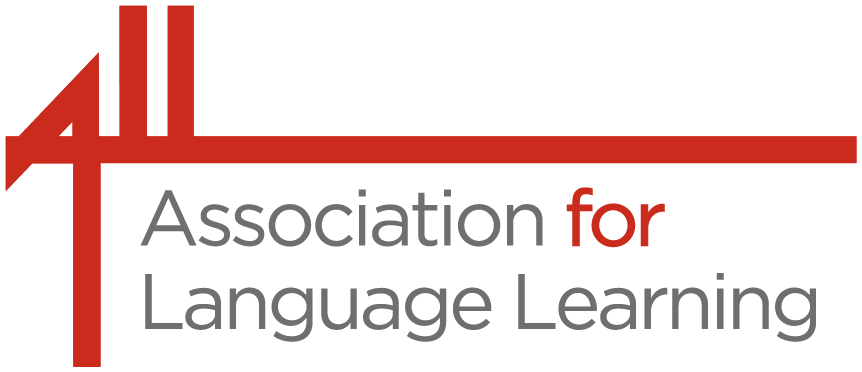ALL Briefing No. 47 Date: October 2025
Background:
AI is rapidly reshaping how learners access language, practise skills, and receive feedback. International bodies such as the OECD note a critical shift.
For language teachers, the question is not whether AI has a role, but how it can be integrated in a way that strengthens, rather than dilutes, linguistic and cultural learning.
Key messages: This briefing synthesises key perspectives on AI from trusted international organisations (OECD, ECML), UK bodies (Department for Education, Chartered College of Teaching, Teacher Development Trust), and recent UK teacher surveys.
UK teacher attitude to AI reflects hesitation: 69% of schools report not yet implementing AI, and concerns around plagiarism, workload, and integrity remain widespread.
Yet where AI is cautiously adopted, over 30% of teachers report reduced workload, particularly in planning, feedback, and resource preparation (Source: The Rise of AI in Education, Bett/Lenovo, 2024).
Sample salient details:
Global Insights: Research and International Developments
OECD – Shifting Educational Priorities: OECD reports (Digital Education Outlook 2023, AI and Education and Skills) highlight a structural change in the purpose of schooling. As AI systems excel at generating language and performing cognitive tasks, schools must focus on cultivating skills that technology cannot replicate: dialogic reasoning, ethical literacy, and cultural nuance. In language education, this reaffirms the role of educators as curators of meaning, not just deliverers of content.
Taiwan – Alignment of AI and Curriculum: Taiwan’s national curriculum integrates AI literacy, student competitions, and teacher training. Crucially, policy emphasises teacher autonomy and professional discretion, reinforcing that sustainable AI adoption must be led by classroom insight, not technological imperative.
The UK Context: Guidance, Policy and Professional Responsibility
Department for Education (DfE) (Using AI in Education) asserts that teachers are irreplaceable, positioning AI as a tool to reduce administrative burden (lesson planning, marking, feedback) rather than pedagogical authority. Investment in a national ‘Content Store’ seeks to ensure AI-generated materials draw from quality-assured educational data.
The Chartered College of Teaching (CCT) provides guidance on safe and effective AI use, emphasising teacher judgement, critical evaluation, and safeguarding. Professional modules explore responsible integration and contribute towards Chartered Teacher Status.
Computing at School (CAS) promotes cross-curricular collaboration, supporting language teachers through digital upskilling networks and practical teacher-led experimentation.
You can read this Teacher Briefing in full here: Briefing 47 AI and Languages 2
